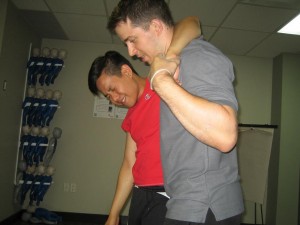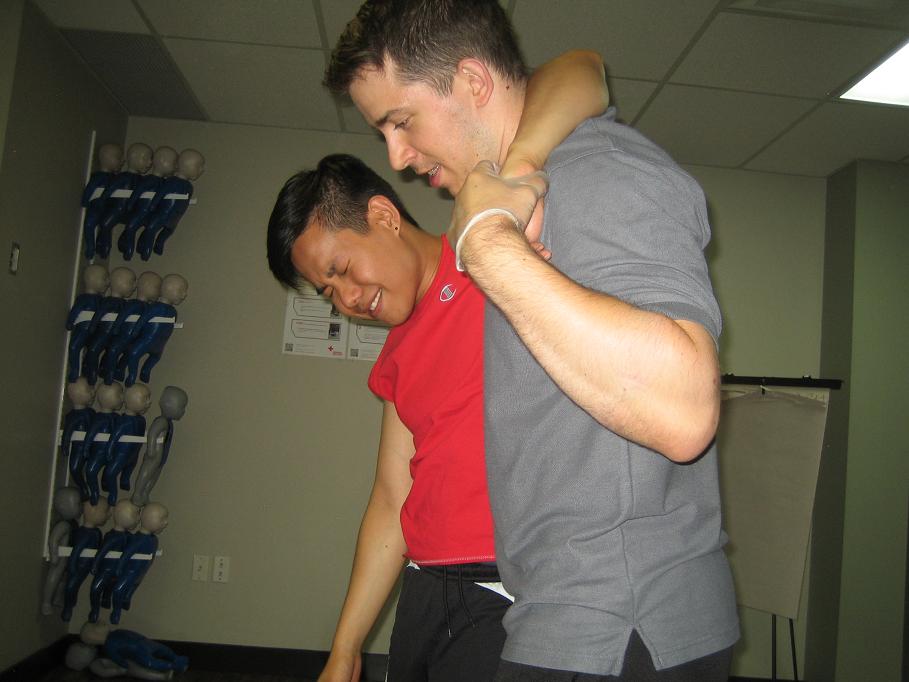A drug overdose can become a medical emergency situation and most of the time it requires the immediate administration of first aid in order to reduce the fatality of drug toxicity. Minor cases of a drug overdose can be negligible and the symptoms usually disappear on its own but the risk of death remains. Early recognition of the symptoms of a drug overdose can help decide whether your condition is serious enough to warrant seeing a doctor. The material posted on this page for drug overdoses is for learning purposes only. If you want to learn to recognize and manage poisonings enrol in first aid training near you.
Recognizing the symptoms of a drug overdose
The symptoms of drug overdose may vary depending on the substance and the dosage taken. Generally, these may include the following:
- Abnormal pupil size, non reactive
- Agitation
- Convulsions
- Paranoid or delusional behavior
- Violent or aggressive behavior
- Difficulty breathing
- Drowsiness
- Hallucinations
- Nausea and vomiting
- Unsteady gait
- Sweating or extremely dry, hot skin
- Tremors
- Unconsciousness

First Aid Management for drug overdose
- Contact the Poison Control Center immediately. You may also contact emergency medical responders if there is no Poison Control Center near you.
- Check the person’s airway, breathing and circulation. If the person is unconscious and not breathing but has a pulse, begin breathing resuscitation. If the person has no pulse and is not breathing, begin CPR.
- If the victim is unconscious and breathing place the individual in the recovery position
- It would be best for you to keep the affected person awake until the medics arrive.
- Monitor for signs of shock, such as weakness, bluish lips and fingernails (cyanosis), clammy sin, paleness and change in the level of consciousness. If necessary, give first aid for shock.
- If the person is having a seizure, it would be best for you to keep him or her protected from further injury. To protect his / her head place something behind the victims head such as a blanket and keep all furniture and objects away from the victim as they seize.
- Keep monitoring the person’s pulse, respiration and blood pressure (if trained to do so).
- If possible, try to determine the drugs taken. If you find pills, drug bottles and syringes, keep them and give it to the medics. Keep a sample of the vomitus as well if you can.
Things to Remember:
- A person on a drug overdose may act and behave unreasonably.
- Do not try to induce vomiting if you are not sure what you are doing.
- Do not give the affected person anything to eat.
- Never leave the affected person alone.
Reference:
Better Health. Drug Overdose. Retrieved on June 17,2014 from http://www.betterhealth.vic.gov.au/bhcv2/bhcarticles.nsf/pages/Drug_overdose

